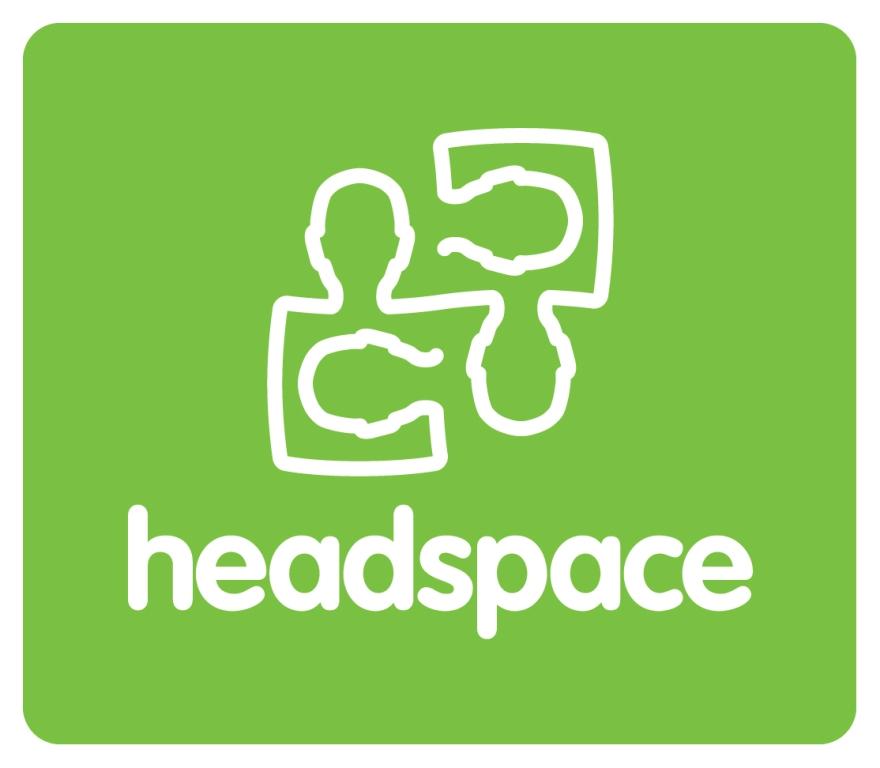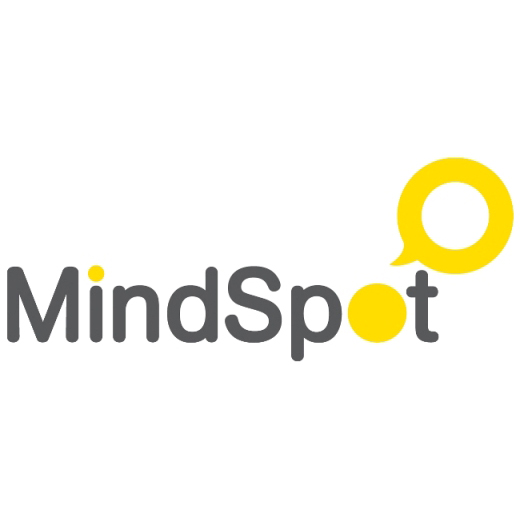Depression
Depression is a constant feeling of sadness and loss of interest, which stops you doing your normal activities. It is a mental illness that may be mild or severe.
While we all feel sad, moody or low from time to time, some people experience these feelings intensely, for long periods of time (weeks, months or even years) and sometimes without any apparent reason.
Depression is more than just a low mood – it's a serious condition that has an impact on both physical and mental health.
In any one year, around one million people in Australia experience depression. One in six women and one in eight men will experience depression at some time in their life. The good news is, depression is treatable and effective treatments are available.
What to look for
- Depression affects how people think, feel and act.
- Depression makes it more difficult to manage from day to day and interferes with study, work and relationships.
A person may be depressed if for more than two weeks they have felt sad, down or miserable most of the time or have lost interest or pleasure in most of their usual activities and have also experienced several of the signs and symptoms across at least three of the categories in the list below.
Feelings caused by depression
A person with depression may feel:
- sad
- miserable
- unhappy
- irritable
- overwhelmed
- guilty
- frustrated
- lacking in confidence
- indecisive
- unable to concentrate
- disappointed
Thoughts caused by depression
A person with depression may have thoughts such as:
- 'I'm a failure.'
- 'It's my fault.'
- 'Nothing good ever happens to me.'
- 'I'm worthless.'
- 'There is nothing good in my life.'
- 'Things will never change.'
- 'Life's not worth living.'
- 'People would be better off without me.'
Behavioural symptoms of depression
A person with depression may:
- withdraw from close family and friends
- stop going out
- stop their usual enjoyable activities
- not get things done at work or school
- rely on alcohol and sedatives
A person with depression may experience:
- being tired all the time
- feeling sick and 'run down'
- frequent headaches, stomach or muscle pains
- a churning gut
- sleep problems
- loss or change of appetite
- significant weight loss or gain
It’s important to note, everyone experiences some of these symptoms from time to time and it may not necessarily mean a person is depressed.
Treatment and support
Depression is unlikely to simply go away on its own. In fact, if ignored and left untreated, depression can go on for months, sometimes years, and can have many negative effects on a person’s life.
Every person needs to find the treatment that’s right for them. It can take time and patience to find a treatment that works.
Different types of depression require different treatment. Mild symptoms may be relieved by:
- learning about the condition
- lifestyle changes (such as regular physical exercise)
- psychological therapy provided by a mental health professional or via online e-therapies.
For moderate to more severe depression, medical treatments are likely to be required, in combination with these other treatments.
Treatment for depression should start with seeing your doctor. Book an extended consultation to give you time to discuss your symptoms and treatment options. Your doctor may ask you to fill out a screening questionnaire or conduct some tests to rule out other conditions.
Your doctor may refer you to a psychologist, social worker, counsellor or psychiatrist. You can access a rebate to see most of these professionals through Medicare. This requires that your doctor writes you a GP Mental Health Plan – ask them for more details.
Where to get help
- Your GP (doctor)
- Your local community health centre
- beyondblue Tel. 1300 22 4636
- Lifeline Tel 13 11 14
- A clinical psychologist
- In an emergency contact 000 or go to your nearest hospital emergency department to obtain a mental health assessment.
Source: Better Health Channel, https://www.betterhealth.vic.gov.au/health/conditionsandtreatments/depression





